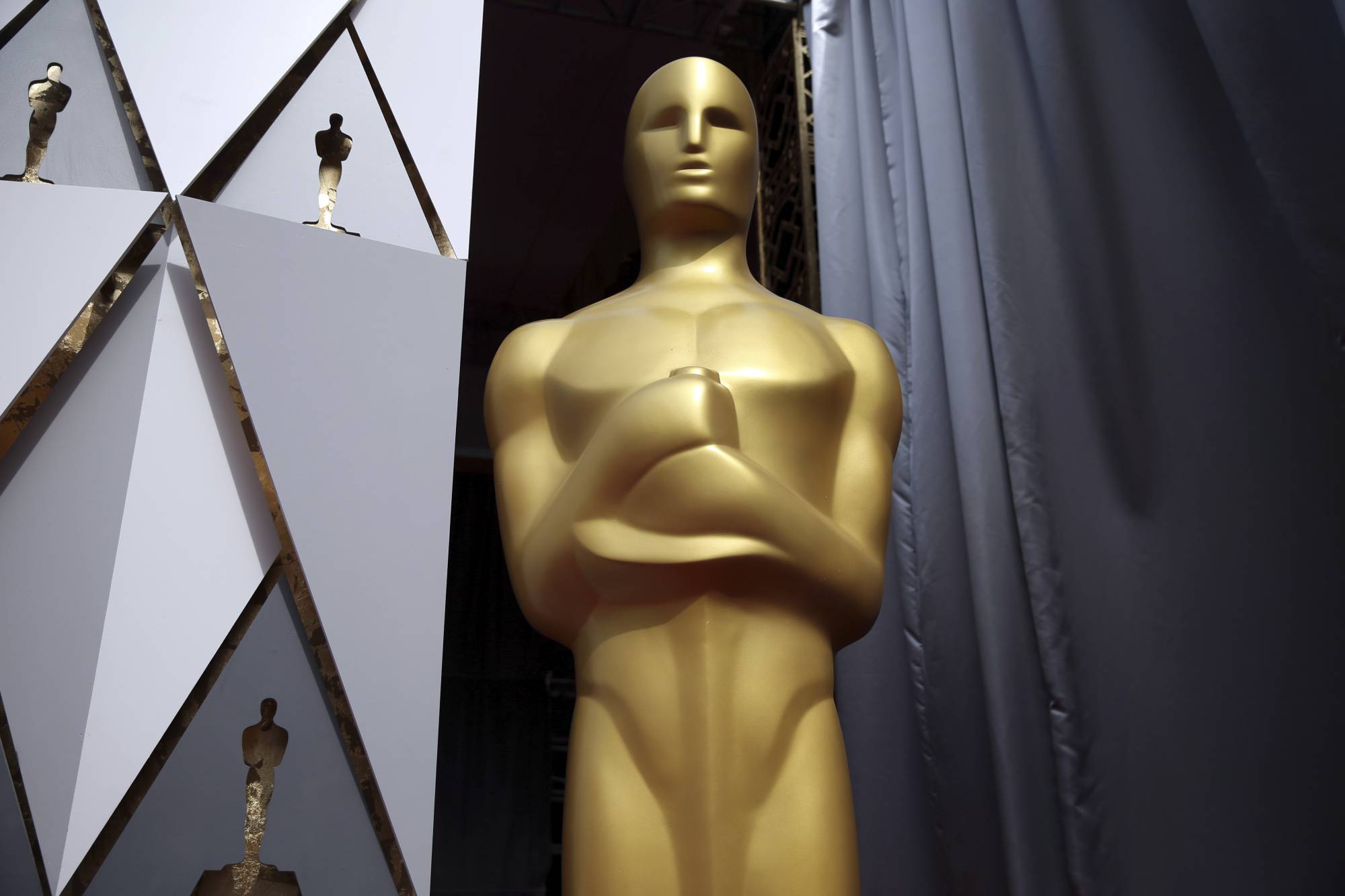There have been a lot of historic firsts at the Academy Awards recently. Long derided as a fusty institution presided over by a bunch of old white men, Hollywood’s glitziest annual gala has been trying to give itself an overhaul, after being caught out by the #OscarsSoWhite controversy seven years ago.
Back in 2015, that viral hashtag exposed the woeful lack of racial diversity among nominees in the major award categories, including an acting slate that was entirely white. When the same thing happened again in 2016, prompting calls for a boycott, the Academy of Motion Picture Arts and Sciences (AMPAS) was pressured to act.
Since then, the voting body behind the Oscars has been working hard to expand and diversify its membership, creating new diversity and inclusion standards for best picture nominees that are due to take effect in 2024. While there’s still a long way to go, the academy already seems to be broadening its scope, and each year a few more barriers come down.



















With your current subscription plan you can comment on stories. However, before writing your first comment, please create a display name in the Profile section of your subscriber account page.